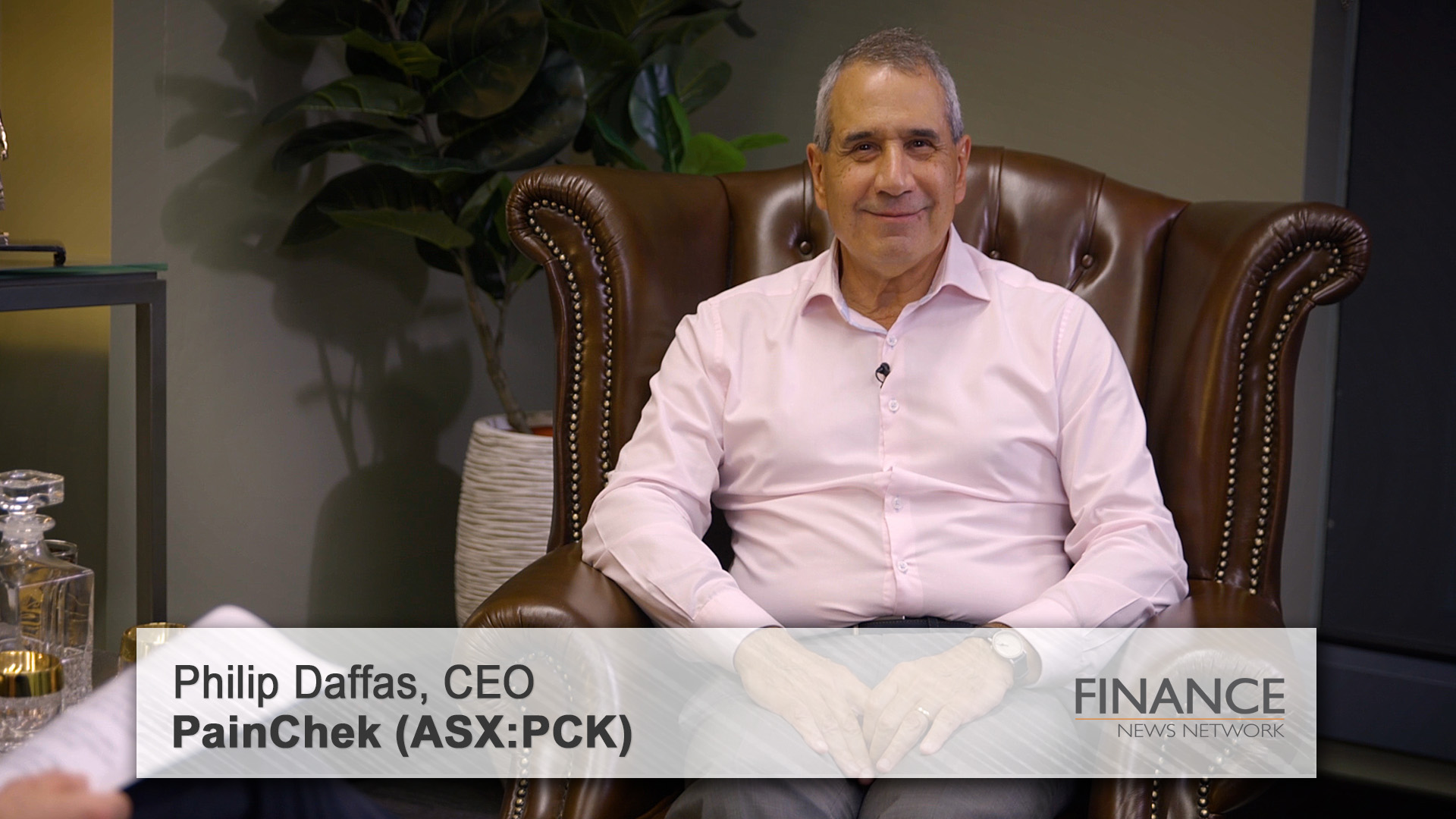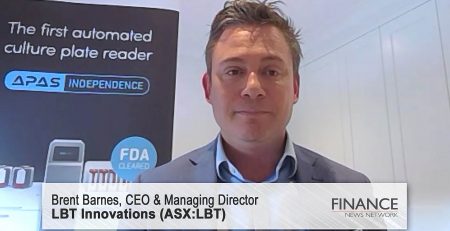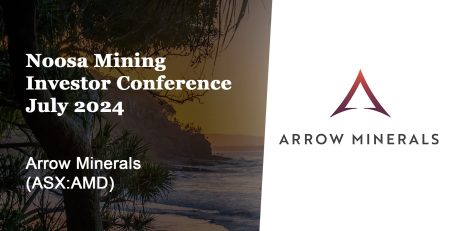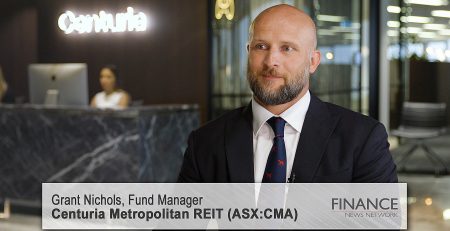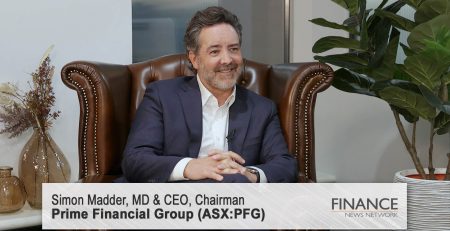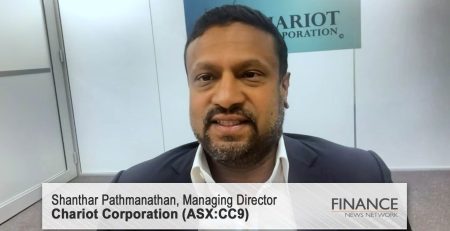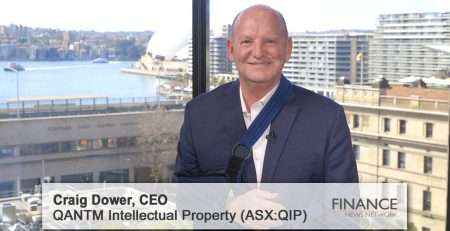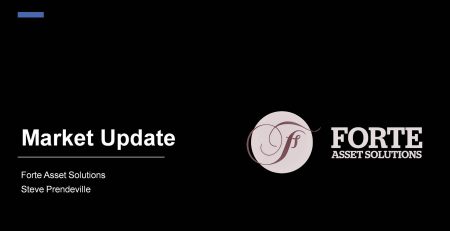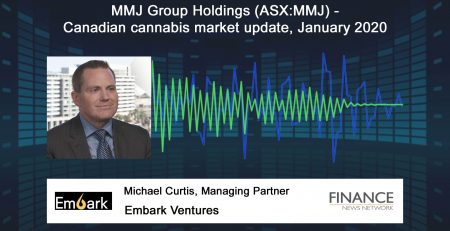PainChek expanding into UK market
Peter Milios: I'm Peter Milios from the Finance Use Network, and today I'm talking with PainChek. PainChek, trading under the ASX Code PCK with a market capitalization of 45 million, is the developer of the world's first smart-based pain assessment and monitoring application. Today we are talking to the company's chief executive officer, Philip Daffas. Philip, welcome back to the network.
Philip Daffas: Thank you, Peter. Lovely to be here again.
Peter Milios: Philip, to start, could you give us some context about PainChek for those who may not be acquainted with the company?
Philip Daffas: Certainly, and look, to bring it back to basics, pain assessment, as we all know, is very difficult to do, but it's very difficult to do, especially for those who can't reliably verbalize their pain. That includes people, one extreme, elderly people living with dementia and cognitive impairment who have lost those communication skills. On the other extreme, very young children who are pre-verbal who haven't built those skills. PainChek specializes in building tools, medical devices, in the form of an app that actually provides a pain assessment technology to assess pain for those vulnerable people and therefore to improve the medication for them and get the medication right in the first place.
Peter Milios: Can you explain in a bit more detail about PainChek's business model?
Philip Daffas: This is actually a very exciting thing. We are a SaaS business model, a software as a service, which as you probably know has the highest multiples in terms of ratings and in terms of value. We're around $4 million ARR right now. That's annual recurring revenue, and that's given us a 40-odd million dollars market capitalization. You can see it's at least 10 times revenue. As we going into broader markets then, and especially the US, that multiple will increase higher and higher. What we do is we charge per bed. It's very simple. In an aged care facility, if they've got 100 beds, we charge $50 per bed per annum, and therefore PainChek is used across every single bed in that facility.
If you work that out in terms of the whole of the aged care market alone, that's a $300 million per annum aged care market value per annum. We estimate that the home care market is probably 10 times that size, and then we've also got the hospital sector, which we now started in. We've got our first two or three hospital agreements, and that's actually a higher value sector because pain assessment is managed much more acutely in that sector.
Peter Milios: Just on that app, can you explain the functionality of that app as a whole?
Philip Daffas: Well, the pain assessment tools for people who can't verbalize reliably have been around for a long time, but they've been very manual and very difficult to use and therefore rarely used. What we have done is we've taken the best in breed across the world, and we've actually used AI to do it to the most complex part of the assessment, and that is the facial assessment. What we do with a three-second scan of the face on any smart device, we pick up the nine micro facial features of pain and we document them automatically for the carer. Can't do it with the eye, very difficult, do it very well with AI.
We then guide the carer, typically a nurse, to do the other assessments by guiding them with a binary guided checklist and when you combine the two, the AI and the human intelligence, you then get a total pain assessment score, which you can then treat. It's a combination of AI and human intelligence in a smart device, and it's all done at the points of care and documented the points of care and then documented into the medication management systems.
Peter Milios: Perfect. Just regarding your recent announcements, firstly congratulations on the collaboration with Nourish Care. Could you elaborate on the significance of this partnership for PainChek and what benefits does this offer for PainChek?
Philip Daffas: Well, our goal as a company is to be a global business. We've already got 30% of aged care facilities in Australia. That's about 60,000 beds under licence using our technology. That's a significant penetration of the local markets. We've got sales also in New Zealand and Canada, but the UK is our second-largest market right now. We penetrated 25,000 beds in the UK. That's about 5% of the market. But Nourish, this partner of ours, access 100,000 of the 500,000 beds in the UK, so they've got about 25% of the UK market. What they've signed up is a reseller agreement for us. They're going to go directly to all their 100,000 users or 100,000 beds, about something like 800 to 900 aged care facilities, and we'll be promoting and selling PainChek directly. The great thing about it is that we've integrated our product into their system so that if their existing client takes up PainChek, you just press a button and PainChek's up and running in that facility.
Peter Milios: Can you give us a bit more detail in what Nourish Care actually does?
Philip Daffas: Nourish Care are effectively what they call a medication management and care management system provider in the UK. What they do is they provide effectively a docking station to store all patient information and often medication management information for all the residents and aged care facility. If you look at the UK alone, there's 500,000 aged care beds and they've got about 100,000 of those. They've got a 25% market share, 20% market share already, and growing. About two years ago, we integrated our technology into their platform. What that means is that when you use PainChek at the point of care to assess pain using a smart device, once you've assessed the pain and documented the pain, it automatically transfers straight into the Nourish medication system. What that means is the nurse or the carer can look at the results, make decisions on care, and rapidly give the care.
What's happening now is because they've got 100,000 beds covered, that's probably in the region of over 1500 aged care facilities. They are now taking PainChek to all their existing clients and actually offering it to them as an extension of their existing contracts, which means a one-stop shop for them. What that basically means for us is that we have a partner that's selling for us, send direct with their clients and accelerating our sales.
Peter Milios: Do you see yourself staying in the UK for the short to long term?
Philip Daffas: Oh, we have been a global company. I mean, the UK, we've got our own team there. We've got team obviously in Australia, we've got partners in New Zealand and Canada, and we're right in the process now of actually going through the FDA regulatory clearance in the United States, which will give us access to the largest market in the world, the United States, and there's two million aged care beds in that market.
Peter Milios: Can I ask how that's going with the FDA approval in the US?
Philip Daffas: Really well. Actually, we're halfway through our clinical study. We're doing it in two locations, Iowa and New York. We're 50% through the study. In fact, a bit more now. We should have the study completed by the end of April and then submitted to the FDA for their review and feedback during 2024. We should have clearance before the end of this year, and we've already got three partners in the US signed up, and one of those partners are company called PointClickCare. They're like Nourish in the UK, but they're in actually the US and they cover one million aged care beds of the two million in the United States. We're at something like 85,000 beds total, but the UK being 500,000, the US being two million, our sales could rapidly increase now with our adult app.
Peter Milios: Lovely. You've also just recently concluded a $5 million capital raise. Can you explain what you'll be doing with the funds?
Philip Daffas: Yeah, three things. Three things. Firstly is continued acceleration of the adult app in the UK, Australia, New Zealand, Canada and the United States. We're also looking at potential partners in Germany, so that's like 75% of the aged care market worldwide. It's continued growth of revenue. Secondly, that's obviously funding the entry into the United States and funding the FDA clearance. The third and probably the most … not the most exciting, but the new elements is the launch of our infant app, the first infant app that can assess pain for children below the age of one year of age.
Peter Milios: Can you elaborate more on the infant side of the business?
Philip Daffas: Sure. Well, the infant app is unique. There is no pain assessment tool for infants today and the technology we've developed is actually for use by moms and dads in their home environment. This one's even simpler. It's just a three-second snapshot analysis of the face. It doesn't store any photographs, it just analyzes the face, picks up a facial expressions. The market for the infants is significant. There's 150 million first-time parents every year for children, and these parents are often lost, they want to know how to handle things, they've got baby monitors, they've got thermometers, and now they'll have a pain assessment tool to assess pain as well.
Peter Milios: Will you be focusing this side of the business just within Australia, or do you plan to do that globally?
Philip Daffas: That's global as well.
Peter Milios: Global?
Philip Daffas: Absolutely. In fact, we've also developed, along with the facial assessment – we've actually used the AI to capture the vocalization, the sound. We can actually differentiate between a child who's crying in pain against no pain. When you add up that vocalization, that's through a microphone. A mom or dad with the camera can pick up the facial expressions, with a microphone can pick up the sound, and when you combine facial expression and the vocalization, you get a very sensitive and very specific outcome in terms of the product. I'd like to add, one thing, we've got patents on our technology in the United States, Japan, Europe, and UK.
Peter Milios: Finally just wrapping up, what key news or developments should investors be seeing in the next couple months?
Philip Daffas: Well, I think that those three things really, one is rapid acceleration of our sales, especially in the UK market now with Nourish, and I'll be talking more about that in upcoming quarterlies. Second, the launch of the infant app. First market will be Australia by the end of the second quarter of this calendar year, and thirdly, FDA clearance towards the end of this year. Once we've done those three, they're all three significant factors to grow the value of the business and to grow our sales worldwide.
Peter Milios: Philip, thank you for your time.
Philip Daffas: Pleasure, Peter. Thank you for the invitation.
Ends
Copyright 2024 – Finance News Network
Source: Finance News Network

